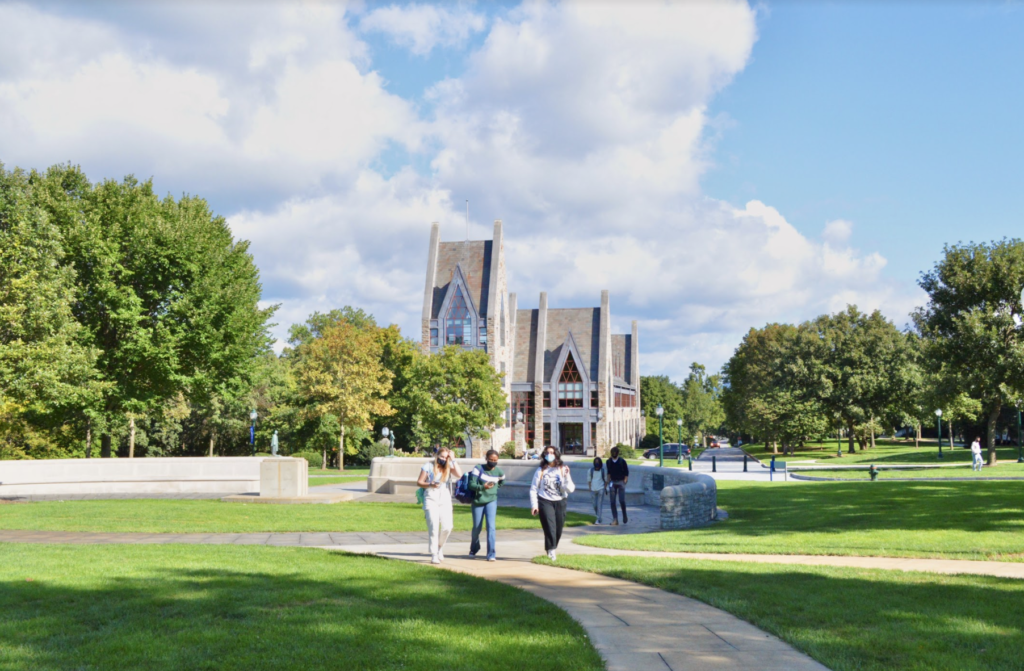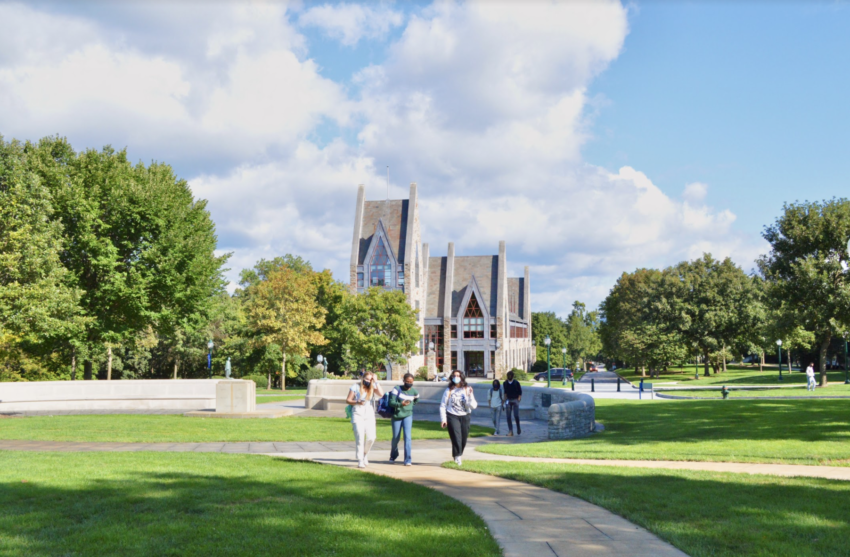Melody Howe ’22
The 2021-22 academic schedule seeks to re-establish pre-pandemic patterns and satisfy the educational needs of the community. Designed to keep interactions between students at a minimum and avoid a COVID-19 outbreak, last year’s two-course semesters were temporary–as confirmed by Jennifer Smith, Dean of Academics–the only system conducive to effective social distancing. This year students are operating on a block system designated by letters instead of numbers, with seventy-five minute classes meeting five times every two weeks.
Smith prioritizes a flexible and fluid schedule that contributes to an effective learning environment; students have time to effectively complete assignments and proactively communicate with their teachers. When it comes to the alternating Irving Week and Marshall Week schedule, “Do we care about how much we teach or how much the students learn?” Smith says.

Last year, Smith, accompanied by math teacher Sarah Bozzi, attended a schedule design workshop that highlighted the classroom teaching lost due to passing time and introduced the “soft start” adjustment that attempts to reclaim minutes lost. “Students benefit much more from longer breaks…the hope is the pace of the schedule allows for better and deeper learning,” Smith says. Music teacher Jim Brinson says that he has “more breathing room” and reports that “as the week went along, it got better” regarding lesson preparation within his curriculum.
As with most changes to the academic day, students initially struggled to adapt to the schedule’s flow. “I like it, but having four classes in one day makes it difficult to manage your time,” Manny Ponce ‘23 says. On the other hand, the extra time embedded into the schedule, whether that be a Help period between first and second rotation or the alternation of classes each day, allows students to develop a routine. “I enjoy having more days to complete my homework, especially with harder level classes,” Maddy Stang ‘22 says.
Every schedule has its pros and cons. These first weeks are, in essence, dedicated to testing the waters to see what works and what doesn’t. “I hope everybody gives it a chance because we will not actually know without really trying,” Smith says. It’s important to remember that the year is still early–too early to shoot down the deficiencies of the schedule.

